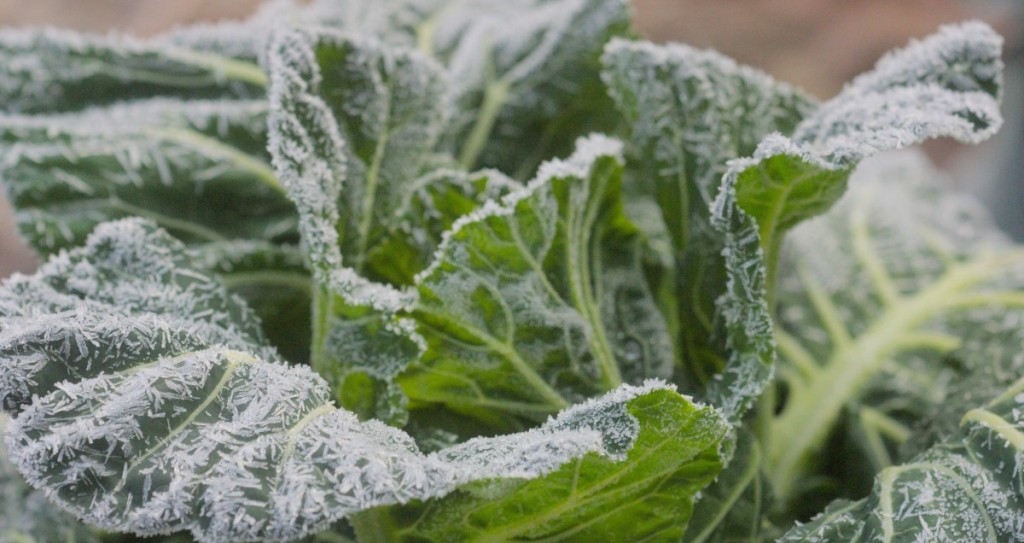Freezing Weather: Information & Options
go.ncsu.edu/readext?406310
en Español / em Português
El inglés es el idioma de control de esta página. En la medida en que haya algún conflicto entre la traducción al inglés y la traducción, el inglés prevalece.
Al hacer clic en el enlace de traducción se activa un servicio de traducción gratuito para convertir la página al español. Al igual que con cualquier traducción por Internet, la conversión no es sensible al contexto y puede que no traduzca el texto en su significado original. NC State Extension no garantiza la exactitud del texto traducido. Por favor, tenga en cuenta que algunas aplicaciones y/o servicios pueden no funcionar como se espera cuando se traducen.
Português
Inglês é o idioma de controle desta página. Na medida que haja algum conflito entre o texto original em Inglês e a tradução, o Inglês prevalece.
Ao clicar no link de tradução, um serviço gratuito de tradução será ativado para converter a página para o Português. Como em qualquer tradução pela internet, a conversão não é sensivel ao contexto e pode não ocorrer a tradução para o significado orginal. O serviço de Extensão da Carolina do Norte (NC State Extension) não garante a exatidão do texto traduzido. Por favor, observe que algumas funções ou serviços podem não funcionar como esperado após a tradução.
English
English is the controlling language of this page. To the extent there is any conflict between the English text and the translation, English controls.
Clicking on the translation link activates a free translation service to convert the page to Spanish. As with any Internet translation, the conversion is not context-sensitive and may not translate the text to its original meaning. NC State Extension does not guarantee the accuracy of the translated text. Please note that some applications and/or services may not function as expected when translated.
Collapse ▲Sudden or particularly low freeze and frost conditions affect many of our fruit crops and also some early vegetable production already under way in high tunnels or other forms of winter production. At the most extreme freeze events, options for saving many crops are limited, but this NC State resource below outlines protection options via row covers combined with overhead irrigation.
For those of you with semi-hardy crops (strawberries, cabbage, broccoli, etc.) already planted in your fields when freeze events hit, and access to both row covers and overhead irrigation, an excellent resource on frost protection methods can be found at Dr. Barclay Poling’s strawberry update:
https://strawberries.ces.ncsu.edu/2016/04/awis-multi-state-detailed-hourly-forecast-for-md-va-sc-ga/
As Dr. Poling notes, successfully protecting the blossoms of June-bearing strawberries during windy, freezing conditions requires both heavy row cover material (~1.5 oz./yd.) and sprinkler-irrigation during the entire period of the freeze.
For more information on other fruit crops and how one can plan ahead of springtime freezes and also then to recover from calamitous freeze events, please email Richard Boylan at richard_boylan@ncsu.edu or call the Watauga Extension office at 828-264-3061.





